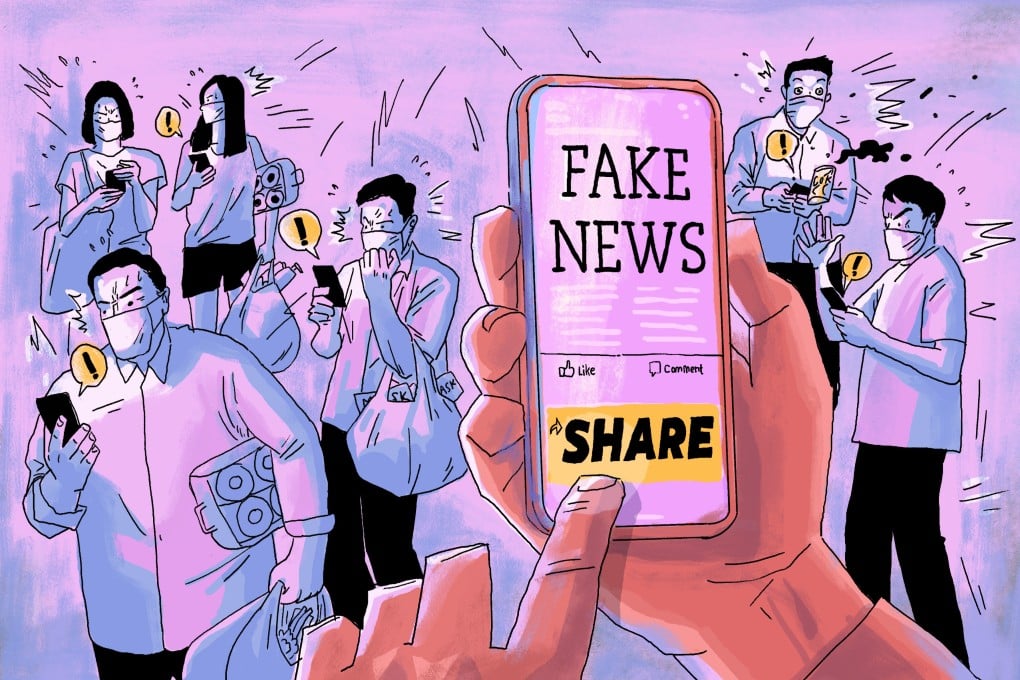How the coronavirus is testing social media’s efforts to stem the flow of fake news amid global public health crisis
- This is the third in a series on the impact of the coronavirus on China's technology sector
- The spread of fake news about the coronavirus is seeing social media platforms from Beijing to Silicon Valley come under pressure to police online content more strictly

The false information includes advice that vitamin D will prevent the virus, boiled garlic water is a cure, or that the deadly virus was created in Canada and stolen by Chinese spies.
Fake news is seen as more novel than factual events, which is why people were more likely to share such misinformation, according to a 2018 study by the Massachusetts Institute of Technology (MIT). “Whereas false stories inspired fear, disgust, and surprise in replies, true stories inspired anticipation, sadness, joy, and trust,” it said.
Last month the WHO hosted a meeting in Silicon Valley with American internet giants, including Facebook and Twitter, to discuss ways to crack down on misinformation about the epidemic.
WHO is posting information on its official social media accounts, which on Friday were expanded to include the short video platform TikTok, owned by Beijing-based ByteDance and popular with teenagers.